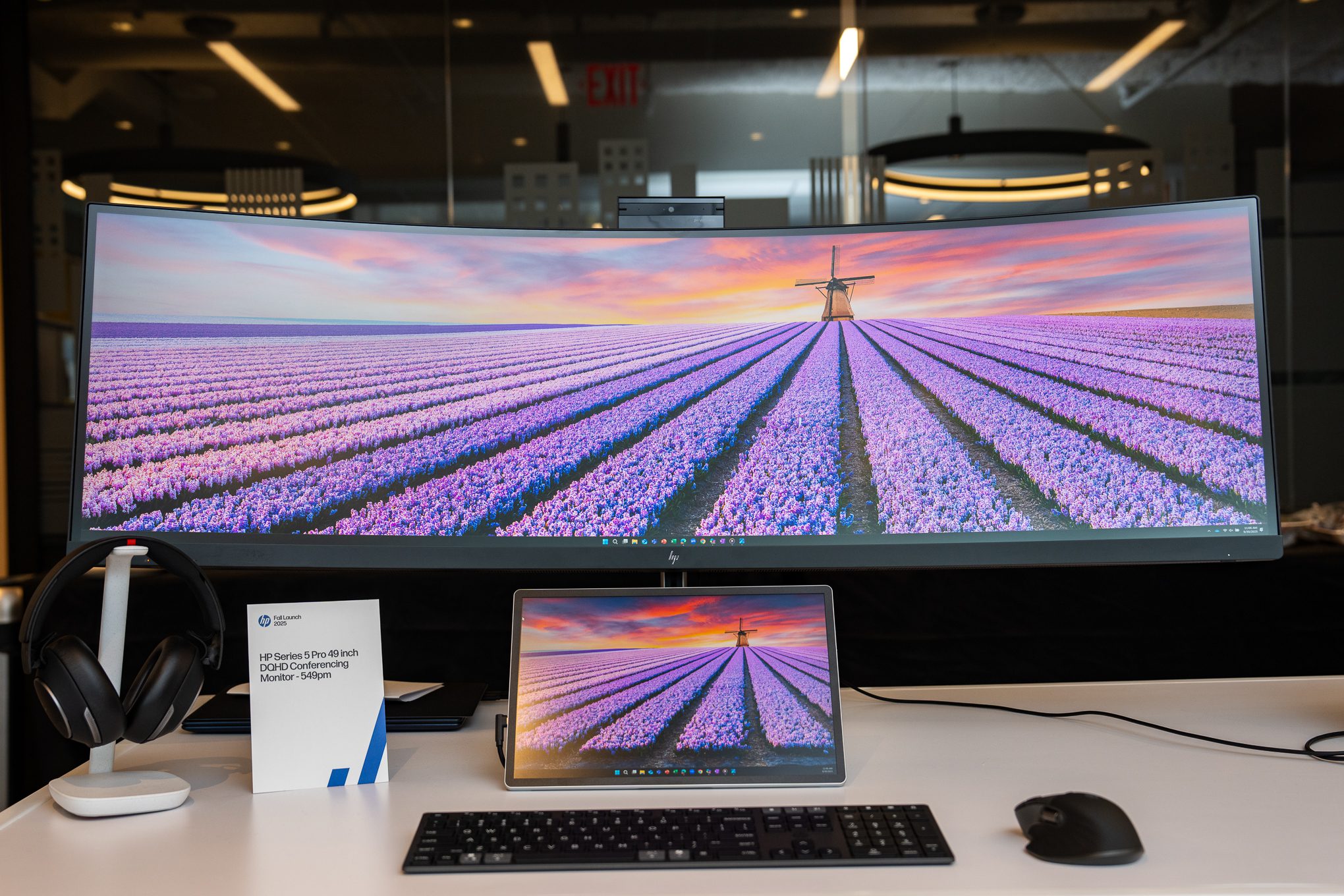
music s biggest labels are weeks away Major record labels Universal Music Group and Warner Music are on the brink of significant licensing agreements that could reshape the music industry in the age of artificial intelligence.
music s biggest labels are weeks away
Background on the Music Industry and AI
The intersection of music and technology has long been a dynamic space, with innovations continually reshaping how music is created, distributed, and consumed. The rise of digital streaming platforms revolutionized the industry in the early 2000s, allowing artists to reach global audiences while providing listeners with unprecedented access to vast catalogs of music. However, the advent of artificial intelligence (AI) presents a new frontier, one that poses both opportunities and challenges for record labels, artists, and tech companies alike.
As AI technology advances, its potential to generate music autonomously has sparked debates about copyright, ownership, and the future of artistic expression. The ability of AI to analyze existing music and create new compositions raises questions about the role of human creativity in the music-making process. This has led to a growing interest among major record labels in establishing frameworks that govern the use of their catalogs in AI applications.
Current Developments in Licensing Negotiations
According to a report by the Financial Times, Universal Music Group and Warner Music are in advanced discussions to finalize licensing agreements with several technology companies. These negotiations are reportedly focused on how the labels can license their music catalogs for training AI models and for the creation of AI-generated music.
Universal Music Group, which oversees a roster of high-profile artists including Taylor Swift, Ariana Grande, and Charli XCX, is particularly keen on ensuring that its intellectual property is protected while also exploring new revenue streams. Warner Music, another major player in the industry, shares similar interests, as both labels seek to navigate the complexities introduced by AI technologies.
Key Players in the Negotiations
The negotiations involve several prominent tech companies, including Google and Spotify, as well as a range of AI startups such as Klay Vision, ElevenLabs, and Stability AI. Each of these companies brings unique capabilities and interests to the table, making the discussions multifaceted.
Google, with its vast resources and technological expertise, is well-positioned to develop AI tools that could benefit both the music industry and its own platforms. Spotify, as a leading streaming service, is interested in how AI-generated music can enhance user experience and diversify its offerings. Meanwhile, startups like Klay Vision and ElevenLabs are focused on pushing the boundaries of what AI can achieve in music generation, albeit amid ongoing copyright disputes with the labels.
Copyright Disputes and Challenges
Some AI ventures, such as Suno and Udio, have found themselves embroiled in copyright disputes with major labels. These conflicts highlight the contentious nature of AI’s role in music creation and the need for clear legal frameworks. As AI systems learn from existing music to generate new compositions, questions arise about the ownership of these creations and the rights of the original artists.
These disputes underscore the importance of establishing licensing agreements that not only protect the interests of record labels but also provide clarity for AI developers. The outcome of these negotiations could set precedents for how the music industry interacts with emerging technologies in the future.
Compensation Models and Revenue Sharing
One of the central issues in the ongoing negotiations is compensation. Record labels are advocating for a model that resembles streaming royalties, where each play of a song generates a micropayment. This approach would ensure that artists and labels receive fair compensation for the use of their music in AI applications.
For this model to be effective, AI companies would need to develop robust software capable of tracking how and when music is used. This tracking mechanism would be essential for ensuring that artists are compensated fairly for their work, regardless of whether the music is being played in its original form or as part of an AI-generated composition.
Technological Considerations
The development of tracking software presents its own set of challenges. AI companies must create systems that can accurately monitor the usage of music across various platforms and applications. This is particularly complex given the diverse ways in which music can be integrated into AI systems, from background scores in videos to fully autonomous compositions.
Moreover, the technology must be able to differentiate between original works and those generated by AI, which could further complicate the tracking process. As the music industry moves toward a more AI-integrated future, the need for transparent and efficient tracking mechanisms will become increasingly critical.
Implications for Artists and the Music Industry
The potential licensing deals between major labels and tech companies could have far-reaching implications for artists and the broader music industry. If successful, these agreements may pave the way for new revenue streams and innovative collaborations between human artists and AI technologies.
For artists, the ability to monetize their work in the context of AI-generated music could provide additional financial support, particularly for independent musicians who may struggle to gain visibility in a crowded market. Furthermore, the integration of AI into the creative process could inspire new forms of artistic expression, allowing musicians to experiment with sounds and styles that were previously unattainable.
Stakeholder Reactions
Reactions from stakeholders within the music industry have been mixed. Some artists and industry professionals view the potential for AI-generated music as an exciting opportunity for innovation and collaboration. They argue that AI can serve as a tool that enhances creativity rather than replacing it.
Conversely, there are concerns about the implications of AI on artistic integrity and the value of human creativity. Critics argue that relying on AI to generate music could dilute the emotional and cultural significance of music, reducing it to mere algorithms and data points. This perspective emphasizes the need for a balanced approach that respects the contributions of human artists while embracing technological advancements.
The Future of Music in the AI Era
As Universal Music Group and Warner Music move closer to finalizing licensing agreements, the music industry stands at a crossroads. The decisions made in the coming weeks will likely shape the future landscape of music creation, distribution, and consumption in the age of AI.
While the potential for AI to revolutionize the music industry is significant, it is essential for stakeholders to engage in thoughtful discussions about the ethical and legal implications of these technologies. Establishing clear guidelines and compensation models will be crucial for ensuring that artists are fairly compensated and that their rights are protected in an increasingly automated world.
Ultimately, the successful integration of AI into the music industry will depend on collaboration between artists, labels, tech companies, and legal experts. By working together, these stakeholders can create a framework that allows for innovation while safeguarding the artistic integrity that lies at the heart of music.
As the negotiations unfold, the music industry will be watching closely, eager to see how these licensing deals will influence the future of music and the role of AI in shaping it.
Source: Original report
Was this helpful?
Last Modified: October 2, 2025 at 3:37 pm
8 views














